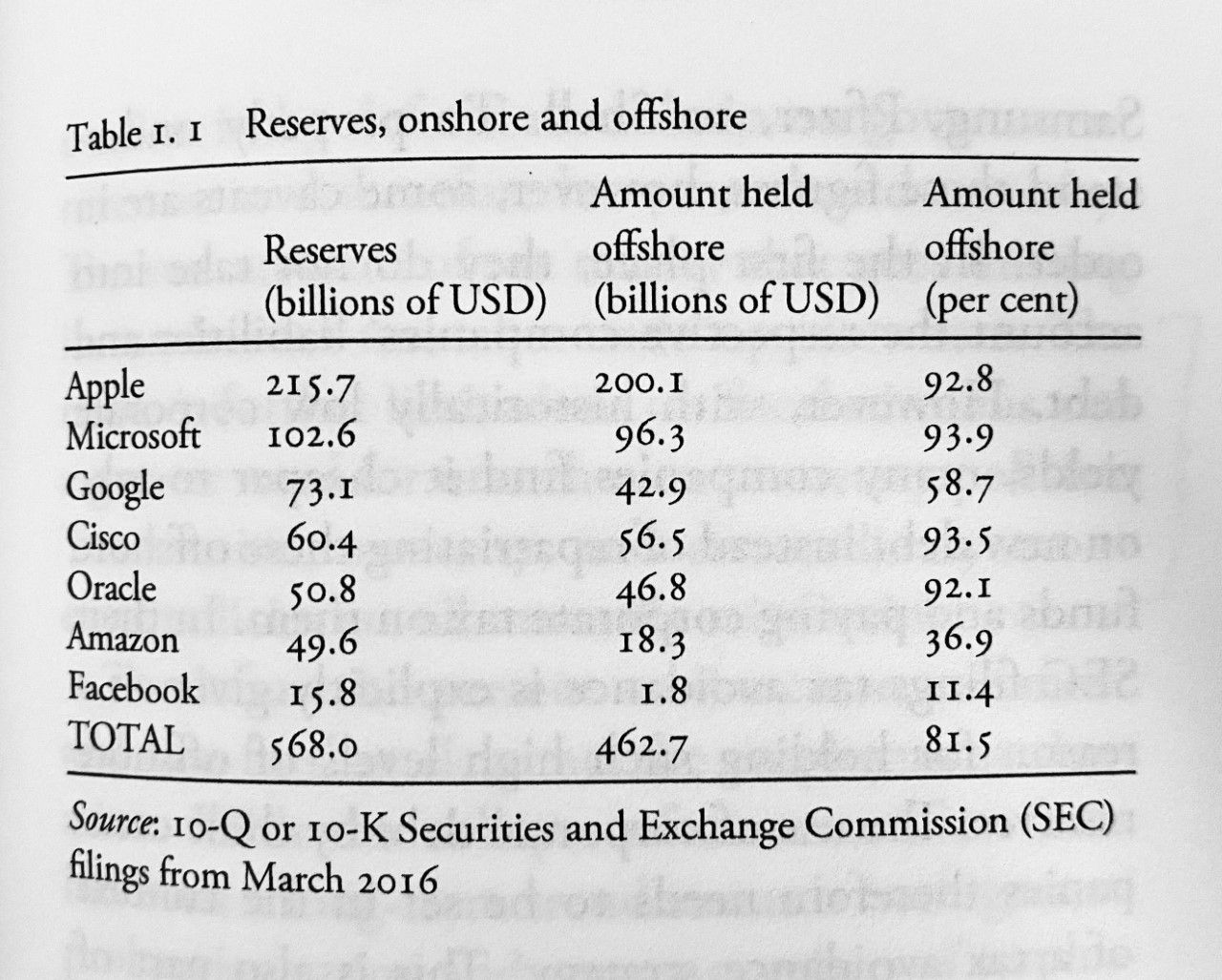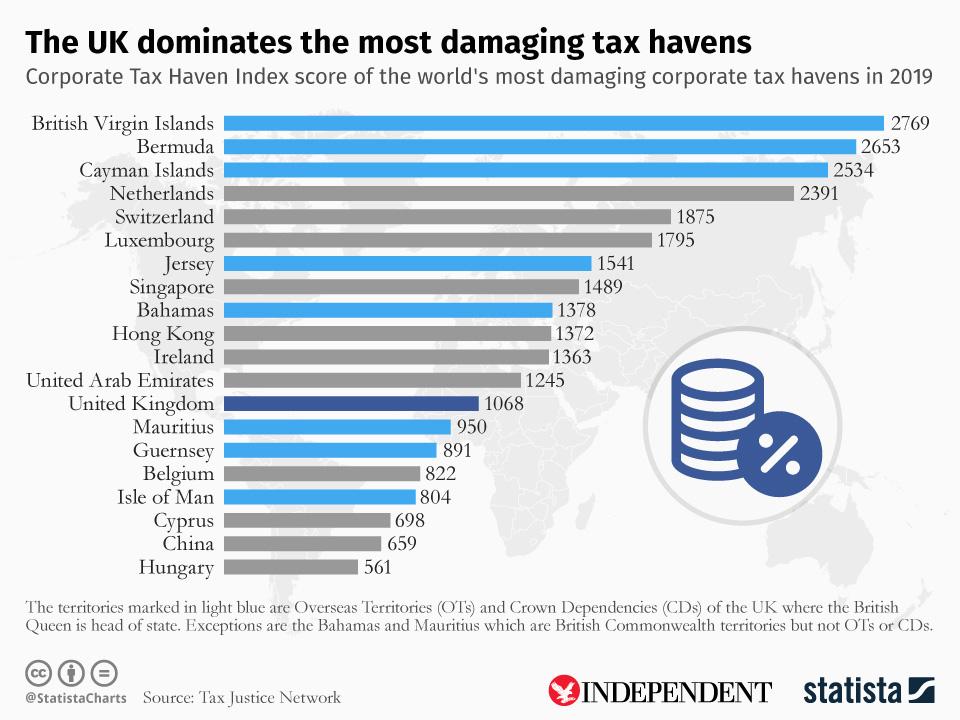‘Today’s economy responds to yesterday’s problems’.
Nick Srnicek
- Google has around 60,000 direct employees, facebook has 12,000, while WhatsApp had 55 employees when it was sold to facebook for $19 billion and instagram had 13 when it was sold for $1 billion.
- The digital economy can be defined as/ refers to businesses that are increasingly more reliant upon information technology, data and the internet for their business models.
- This sector is becoming essential to much of todays economy
- Data has become increasingly central to firms and their relations with workers, customers and other capitalists
- The platform has emerged as a new business model, capable of extracting and controlling large amounts of data , and with this an increase of large monopolistic firms.
Platform Capitalism – refers to the activities of companies such as Google, Facebook, Apple, Microsoft, Uber, Airbnb and others to operate as platforms. In this business model both hardware and software are used as a foundation (platform) for other actors to conduct their own business.
In 1980 the level of annual investment in computers and peripheral equpiment was $50.1 billion; by 1990 it had reached $154.6 billion, and in 2000 it reached a peak of $412.8 billion.

Tax Havens- A tax haven is a country or place with very low “effective” rates of taxation for foreign investors. In some traditional definitions, a tax haven also offers financial secrecy.

Proletarianisation – (Proletarian = Lower class) – The ever growing size of the working class.
‘In Marxism, proletarianization is the social process whereby people move from being either an employer, unemployed or self-employed, to being employed as wage labor by an employer.’
“Capitalism, when a crisis hits, tends to be restructured. New technologies, new organisational forms, new modes of exploitation, new types of jobs and new markets all emerge to create a new way of accumulating capital”
The internet as a whole is responsible for about 9.2% of the worlds electricity consumption.
Older business models were not well designed to use and manipulate and extract data. A new Business model would be needed if capitalist firms were to take advantage of dwindling recording costs. This new business model can now be recognised as a powerful firm known as the ‘Platform’
‘Platforms’ became an efficient way to monopolise, extract, analyse and use the increasingly large amounts of data that were being recorded.
Intermediary – a person who acts as a link between people in order to try and bring about an agreement; a mediator.
Platforms are digital infrastructures that enable two or more groups to interact. They can be seen as intermediaries that bring together different users: customers, advertisers, service providers, producers, suppliers and even physical objects.
In addition, these platforms also come with a series of tools that enable their users to build their own products, services and marketplaces. For example, Microsoft’s Windows OS (Operating System) allows software developers to create apps for it and sell them to consumers.
A platform provides the basic tools needed to mediate between different groups. For example the (CSP) Vogue can be linked in with this as the vogue website acts as a platform to mediate different stories, trends and ideas to consumers (Those who read/ subscribe to the articles). A modern solution as their magazines were losing profit and views when they were previously being printed, since switching their brand to online (teen vogue) many more people have started to follow it as more people read using online platforms that actual physical books/ papers now.
Network Effect – (See Democracy Hacked post) – The more numerous the users who use a platform, the more valuable that platform becomes for everyone else. For example when the internet became publicly available on August 6th 1991; with its growing popularity the ‘network’ effect took place as previously it was only available to a handful of scientists and members of government. Another example of the ‘Network Effect’ taking place would be Facebook, is only ‘the’ default social networking platform due to the large amount of people who use it, if only one person had facebook then it wouldn’t be valuable. However, the more numerous the people who use a specific platform the more accurate its algorithm may get and the more data on those people it will collect. Therefore, platforms must manipulate and use constantly change their tactics in order to keep their number of users high.
5 Different types of platforms –
- Advertising Platforms – Google/ Facebook – extract information on users, undertake a labour of analysis, and then use the products of that process to sell ad space.
- Cloud Platforms – AWS/ SalesForce – Own the hardware and Software of digital-dependant businesses, renting them out as needed.
- Industrial Platforms – Siemens/ FE – Build the hardware and the software necessary to transform traditional manufacturing into internet-connected processes that lower the costs of production and transform goods into services.
- Product Platforms – Rolls Royce/ Spotify – Generate revenue by using other platforms to transform a traditional good into a service and by collecting rent/ subscription fees from them.
- Lean Platforms – Uber/ Airbnb – Attempt to reduce their ownership of assets to a minimum and to profit by reducing costs as much as possible. Lean platforms appear to be the product of a few tendencies and moments.
“Data extraction is becoming a key method of building a monopolistic platform and of siphoning off revenue from advertisers”
Great Platform Wars –
With network effects, a tendency towards monopolisation is built into the DNA of platforms: the more numerous the users who interact on a platform, the more valuable the entire platform becomes for each one of them. Which, in a way, could also be linked to Habermas’s theory of a ‘Public Sphere’ as the networking effect only works once the platform brings different/ numerous people together, and habermas’s idea of ‘access being guaranteed to all’.
Platforms can turn into monopolies based on the amount of data they collect from their users. For example Google gives you the option to share multiple things such as your location, your calendar dates, reminders, email, video/ search history, giving ‘us’, the users a better service if agreed. Furthermore, monopolies can also be created by platforms though their subsidiaries and the data collected by them, increased through the network effect. For example Googles subsidiary ‘Youtube’ giving them further data on us, allowing them to know what we watch and what we may like/ find interesting, their algorithm therefore generating more videos similar to our liked ones, almost forcing people to start or continue using the app. (Revenue and profits can be made through advertisements and the selling of user data, as well as through subscriptions such as YouTube Premium)
“If these platforms wish to remain competitive, they must intensify their extraction, analysis, and control of data and they must invest in the fixed capital ( fixed capital is any kind of real, physical asset that is used repeatedly in the production of a product.) to do so.
Usually for these platforms, the quantity and diversity of data exceeds the quality.

